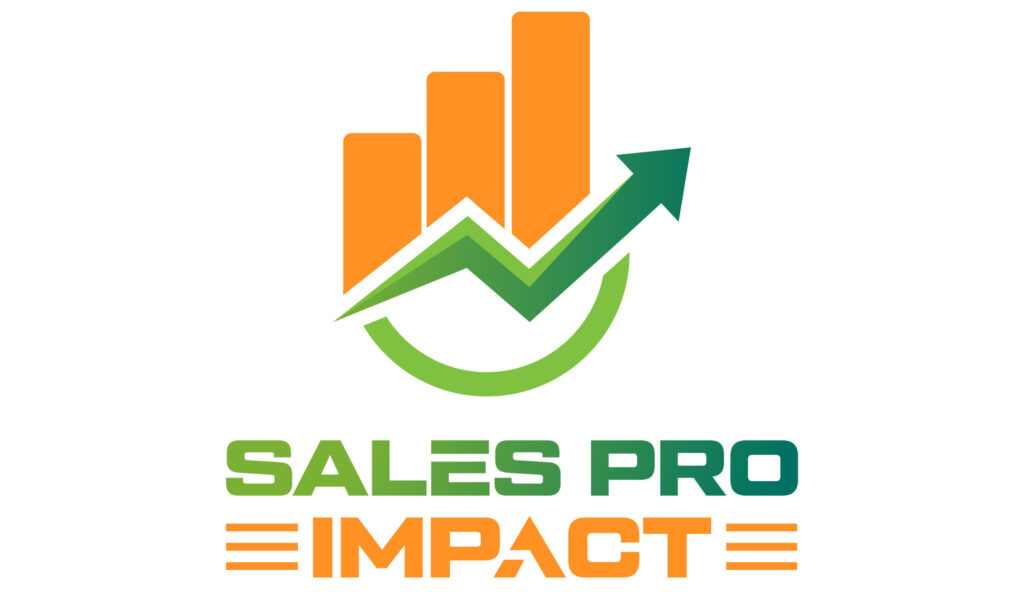The Snowball Effect in Sales: Harnessing Momentum for Success
In the world of sales, success often breeds success. Just as a snowball rolling downhill accumulates mass and momentum, establishing a foothold within a specific vertical or geography can set off a chain reaction that propels sales to new heights. This phenomenon is known as the “snowball effect,” and understanding its dynamics can be crucial for businesses aiming to expand their market influence and profitability.

Building Momentum
Imagine a small snowball at the top of a hill. As it begins its descent, it gradually picks up snow, growing larger and faster with each revolution. Similarly, in sales, securing an initial sale within a particular industry or geographic area can have ripple effects that extend far beyond the immediate transaction.
When a company successfully closes a sale within a specific vertical (industry sector) or geography (region or market segment), several key mechanisms come into play:
Social Proof and Credibility
One of the most significant impacts of a successful sale is the boost it provides to the company’s credibility within that market. Other potential customers within the same vertical or geography take notice when a competitor or peer chooses your product or service. This social proof acts as a powerful endorsement, reassuring prospects that your offering is reliable and effective.
Referrals and Word-of-Mouth
Happy customers are more likely to recommend your product or service to others in their industry or region. As your customer base grows within a specific vertical or geography, so too does the potential for referrals and positive word-of-mouth. This organic spread of goodwill can generate new leads and opportunities without additional marketing costs.
Economies of Scale
Entering a new vertical or geography requires an initial investment of time and resources. However, once a foothold is established, subsequent sales within the same market segment become increasingly efficient. You can leverage existing relationships, knowledge, and infrastructure to drive further growth and profitability.
Network Effects
Certain industries or geographic regions are interconnected through networks of suppliers, partners, and influencers. A successful sale within one part of this network can open doors to other opportunities within the same ecosystem. This interconnectedness can amplify the impact of your initial success, leading to a cascade of new sales and partnerships.
Strategies for Harnessing the Snowball Effect
To capitalize on the snowball effect in sales, businesses can adopt several proactive strategies:
Focus and Specialization: Concentrate resources on specific verticals or geographies where your product or service can deliver exceptional value.
Customer Success Initiatives: Prioritize customer satisfaction and support to cultivate strong relationships that drive repeat business and referrals.
Case Studies and Testimonials: Showcase successful implementations and customer stories within targeted industries or regions to build credibility and attract similar prospects.
Partnerships and Alliances: Collaborate with influencers, industry associations, or complementary businesses to expand your reach and credibility within specific markets.
The snowball effect in sales is a powerful phenomenon that underscores the importance of strategic focus and initial success in driving sustained growth. By establishing a strong presence within a particular vertical or geography, businesses can create a virtuous cycle of credibility, referrals, and efficiencies that compound over time. As each successful sale adds momentum to your market expansion efforts, the snowball effect can transform your sales strategy from incremental gains to exponential growth.
By understanding and harnessing this dynamic force, businesses can not only enhance their market position but also build enduring relationships and maximize profitability in targeted markets. Just like a snowball rolling downhill, the key lies in starting small, gaining momentum, and strategically directing the energy generated to propel your sales efforts to new heights.

